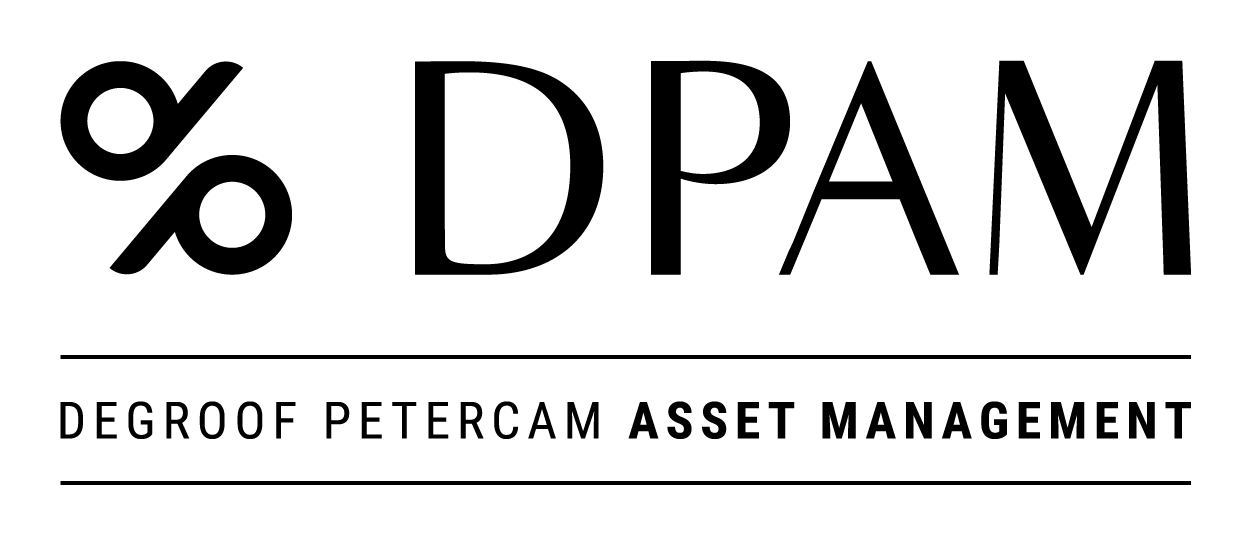As a responsible and sustainable investor, DPAM’s commitment goes beyond offering sustainable products; it is a global commitment at a company level. This is perfectly illustrated by our active approach to shareholder engagement. In order to take into account the latest global developments and emphasise the current priorities, we have recently updated our engagement policy accordingly.
We are keenly aware of the society’s on-going challenges, such as climate change, resources scarcity, social inequality or modern slavery, to name but a few. DPAM is fully convinced that it can positively contribute to solving these issues, by investing in companies and governments that value environmental, social and governance (ESG) factors. In order to promote these values and maximise their potential, DPAM has developed its active shareholder engagement approach.
Two governance bodies are in charge of the engagement process: the Responsible Investment Steering Group (RISG), and the Voting Advisory Board (VAB). Through their guidelines, DPAM has adopted an approach based on dialogue and collaboration. As a result, the engagement can take the form of informal discussion within a collaborative process at DPAM, or a formal individual, or collaborative engagement. Our engagement policy is evenly applied to all investment funds that are managed by DPAM and goes beyond existing investments. It also covers investment opportunities and collaborative engagement initiatives supported by DPAM.
DPAM aims to fulfil several goals through its active engagement policy: We seek constructively recommend corrective measures and try to gain a better understanding of a company’s sustainable profile. Active engagement gives us a clear, long-term overview of the company’s ESG policies, and encourages us to defend our ESG values and convictions in a global context.
In turn, successful engagement can add real value to the investment process, as companies with strong ESG performance tend to outperform their peers. It can also help companies to identify and mitigate risks. This consequently optimises the risk/return profile of DPAM’s portfolios, and creates a continuous positive feedback loop.

